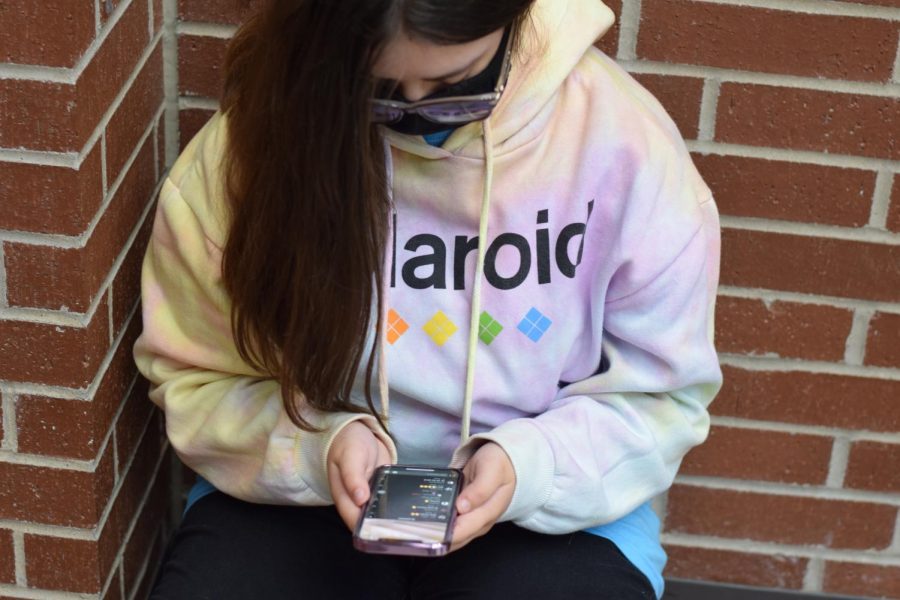It’s the users, not the platform that is toxic
photo credit: K’Nya Johnson
Poison control \\ Social media is venomous and takes a negative toll on people’s mental health, especially teenagers, but it is actually the users, not the platform that is toxic.
October 26, 2021
“You’re ugly!”
“Go back to your country.”
“Stop, no one likes you.”
In today’s society, social media has a big impact on everyone, from mental health to communicating across the globe. People dive into social media at the age of 13, but now, kids even younger have started using social media. Social media is toxic and takes a negative toll on people’s mental health, especially teenagers. Is it social media that is toxic or are the users the problem? Social media wouldn’t be toxic on it’s own without it falling into the wrong users’ or influencers’ hands.
Users, including big creators on platforms such as Tiktok or Instagram, normalize sexism, racism, homophobia, unrealistic body standards and more. Youth spends most of their time on social media increasing exposure to negative side effects. Social media gives an unrealistic expectation for teenagers today. It sets standards for girls and boys to be perfect in every single way or they get the sense that they aren’t good enough.
The more time spent on social media, the more unrealistic body images and standards are absorbed. Anxiety, depression, insecurities, self-absorption and cyber bullies are on the rise all thanks to social media. This happens so often that mental illness is normalized. Users are what make the platforms and they are what make the influencers/creators.
A common argument against this sensitivity is that people are just weak and can’t take a joke. Harmful users say that it’s for fun and that they mean no harm. Discrimination is no joking matter and shouldn’t be taken lightly. A joke to someone can be a spiral of different negative emotions to someone else.
There is a simple solution to this problem: think before you speak or comment. It can be so simple, yet people still choose to be part of the problem. Users should all try to make content positive.
Social media is not toxic, it is the users who are the problem. Racism, homophobia, body shaming and more are a real problem and should not be normalized. People need to learn the difference between a joke and something offensive.


